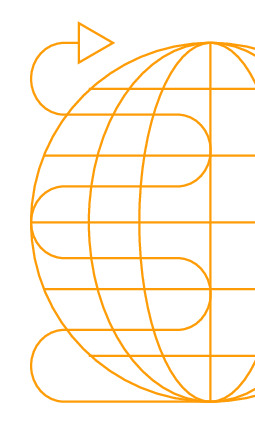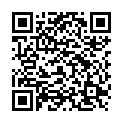|
|
|
| Module code: BITM-W-04 |
|
|
4SU (4 hours per week) |
|
5 |
| Semester: according to optional course list |
| Mandatory course: no |
Language of instruction:
German |
Assessment:
Project (can be repeated annually)
[updated 21.03.2018]
|
DFBTO-W-03 (P620-0530) International Tourism Management, Bachelor, ASPO 01.10.2018
, semester 5, optional course
DFITM-W-04 International Tourism Management, Bachelor, ASPO 01.10.2020
, optional course
BITM-W-04 (P440-0065) International Tourism-Management, Bachelor, ASPO 01.10.2013
, optional course
BITM-W-04 (P440-0065) International Tourism-Management, Bachelor, ASPO 01.10.2015
, optional course
BITM-W-04 (P440-0065) International Tourism-Management, Bachelor, ASPO 01.10.2017
, optional course
BITM-W-04 (P440-0065) International Tourism-Management, Bachelor, ASPO 01.10.2020
, optional course
|
60 class hours (= 45 clock hours) over a 15-week period.
The total student study time is 150 hours (equivalent to 5 ECTS credits).
There are therefore 105 hours available for class preparation and follow-up work and exam preparation.
|
Recommended prerequisites (modules):
BITM-112 Principles of the Tourism Sector
BITM-240 Marketing and Market Research in Tourism
BITM-320 Management in the Tourism Industry
BITM-331 Stakeholders in the Tourism Industry
[updated 14.12.2019]
|
Recommended as prerequisite for:
|
Module coordinator:
Prof. Dr. Achim Schröder |
Lecturer:
Dipl.-Sportwiss. Susanne Seeliger
[updated 14.12.2019]
|
Learning outcomes:
After successfully completing this module students will:
- be able to define basic concepts and terms from the hotel business/industry,
- be able to characterize bidding structures and product concepts in the international hotel industry,
- be able to illustrate the interrelationships in hotel management between business and real estate,
- be able to develop a marketing concept for an accommodation business or something similar in a team (and, if necessary, togther with third parties) using suitable marketing tools and creatively modeling the marketing mix resp. be able to systematically and scientifically work on a problem from the hotel and catering sector, and
- document the most important results from the project, communicate them to the group (and, if necessary, to external parties) and make recommendations for action.
[updated 17.09.2018]
|
Module content:
- Basic principles of the hotel business/industry
- The hotel business and its services
- Special service features in the hotel business
- Location factors in the hotel industry
- Hotel management and operation
- Suppliers and product concepts in the hotel industry
- Hotel management and hotel real estate Ownership and contractual structures
- Marketing management of hotels
- Environmental management in the hotel industry
- Developments and trends in the hotel industry
[updated 17.09.2018]
|
Teaching methods/Media:
- Seminaristic lecture
- Case studies (excursion, if necessary)
- Project (independent development of a concept and its presentation)
[updated 21.03.2018]
|
Recommended or required reading:
- Dettmer, H. (Hrsg.): Organisations-/Personalmanagement in Hotellerie und Gastronomie, Hamburg, 2005
- Dreyer, A., Dehner, C.: Kundenzufriedenheit im Tourismus, München, latest edition
- Freyer, W. (Hrsg.): Tourismus. Einführung in die Fremdenverkehrsökonomie. München, latest edition
- Gardini, M. A.: Grundlagen der Hotellerie und des Hotelmanagements im Tourismus, Oldenbourg, München, latest edition
- Hänssler, K. H. (Hrsg.): Management in der Hotellerie und Gastronomie, Oldenbourg, München, Wien, latest edition
- Henschel, U. K.: Hotelmanagement, Oldenbourg, München, latest edition
- Henselek, H., Hotelmanagement. Planung und Kontrolle, Oldenbourg, München, latest edition
- Hotelverband Deutschland (IHA): Hotelmarkt Deutschland. latest edition
- Knirsch, J.: Hotels - Planen und Gestalten. Leinfelden-Echterdingen, latest edition
- Reid, R.: Hospitality marketing management, Hoboken, latest edition
- Soller, J. (Hrsg.): Finanzierungsleitfaden Mittelstandshotellerie: Strategien und Konzepte für dauerhaften Erfolg, Berlin, latest edition
Statistics:
- DEHOGA: Jahresberichte
- Hotelverband Deutschland (IHA) e.V. online: http://hotellerie.de/home/index.html
- Statistisches Bundesamt: Statistik in Zahlen
[updated 21.03.2018]
|


